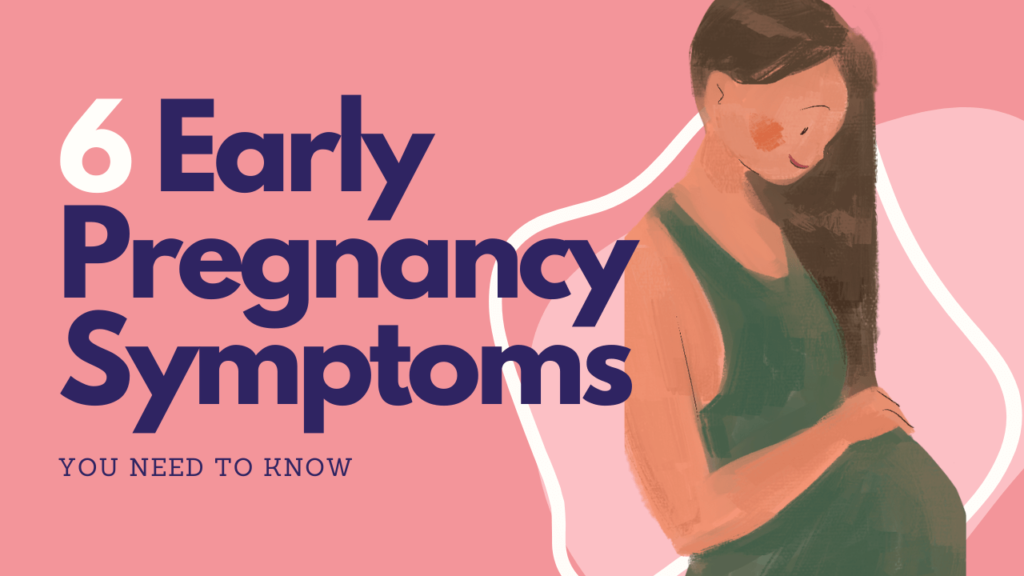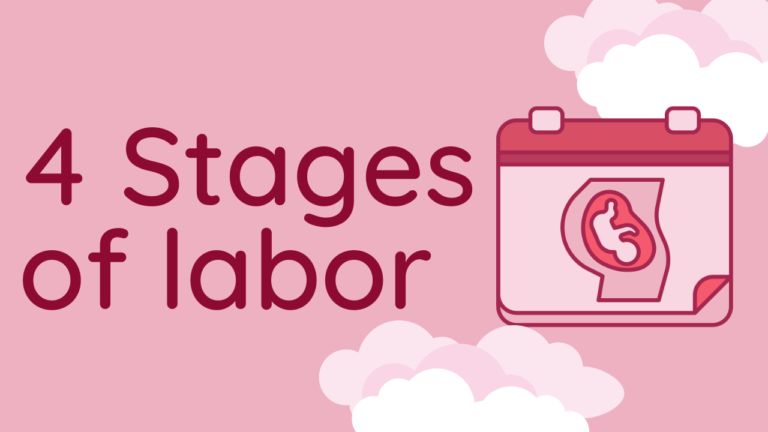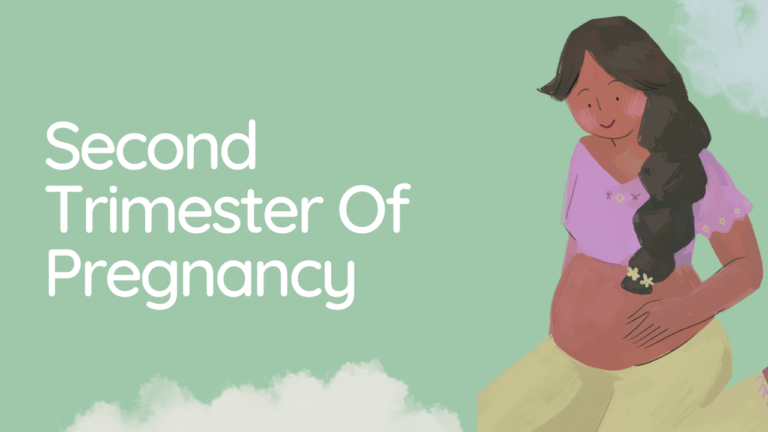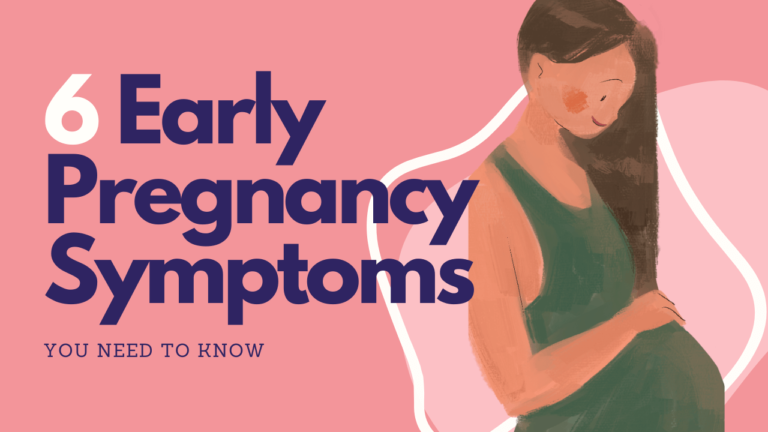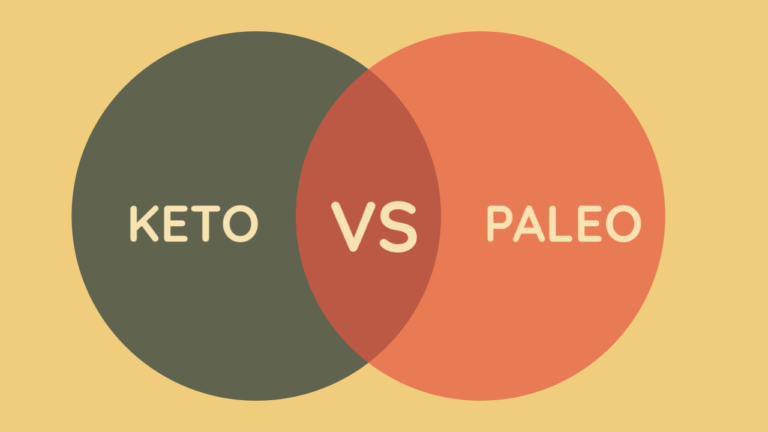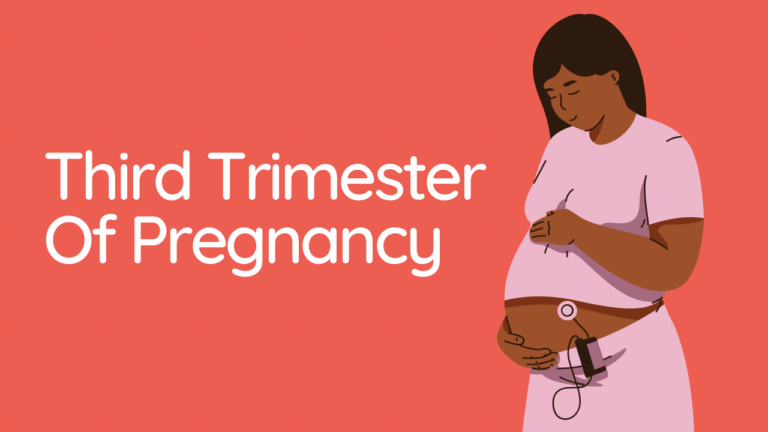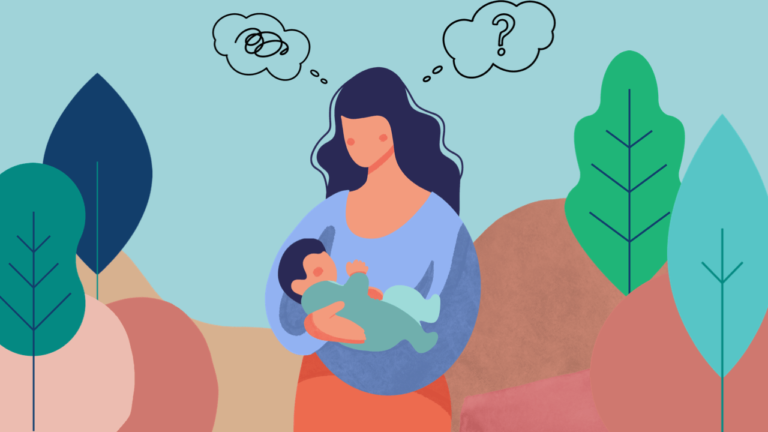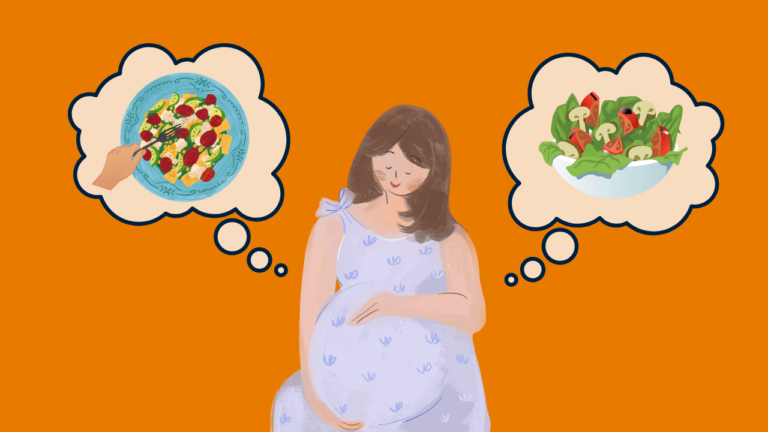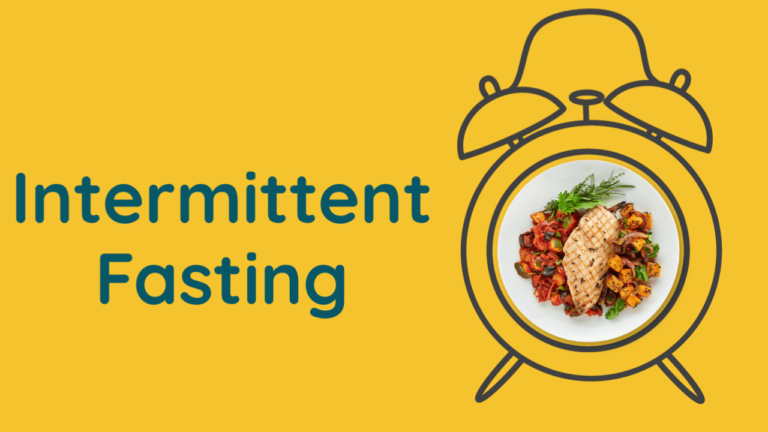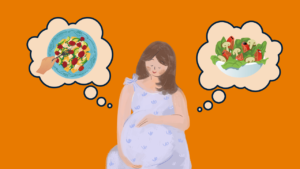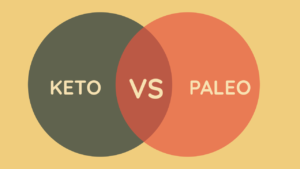As you may know, pregnancy is an exciting and life-changing experience, but it can also be overwhelming, especially when it comes to recognizing the symptoms of early pregnancy. In this comprehensive guide, we will discuss the most common early symptoms of pregnancy and their timelines, so that you can have a better understanding of what to expect during this exciting time in your life.
Before we dive into the details, it’s essential to note that every woman’s body is unique, and some may experience different symptoms or timelines than others. However, the symptoms we will discuss are the most common and may occur as early as a few days after conception.
Symptoms Of Early Pregnancy
Spotting And Cramping
One of the earliest symptoms of early pregnancy is spotting and cramping which is caused by implantation bleeding as the fertilized egg attaches to the uterine lining. Spotting and cramping can occur as early as six to twelve days after ovulation.
Nausea And Vomiting
Morning sickness which includes nausea and vomiting, is a common symptom of pregnancy that affects up to 80% of pregnant women. Morning sickness can start as early as two weeks after conception and typically lasts until the end of the first trimester.
Fatigue
Feeling tired or exhausted is another one of the common symptoms of early pregnancy that may occur as early as one week after conception. This fatigue is caused by the increased levels of progesterone in your body, which can make you feel sleepy and sluggish.
Sore And Swollen Breasts
Sore and swollen breasts are also one of the common symptoms early of pregnancy that can occur as early as one to two weeks after conception. This symptom is caused by the increase in hormone levels, which prepare your breasts for milk production.
Frequent Urination
As your body changes during pregnancy, your bladder also experiences changes. Frequent urination can occur as early as one week after conception and may continue throughout your pregnancy.
Dizziness And Fainting
Changes in your blood pressure and blood sugar levels can cause dizziness and fainting during early pregnancy. This can occur as early as the first few weeks after conception.
It’s important to note that not all women will experience these symptoms, and some may experience different symptoms of early pregnancy altogether. If you suspect that you may be pregnant, it’s important to take a home pregnancy test and consult with your doctor for further guidance on prenatal care. Regular prenatal care can help ensure a healthy and happy pregnancy for both you and your baby.
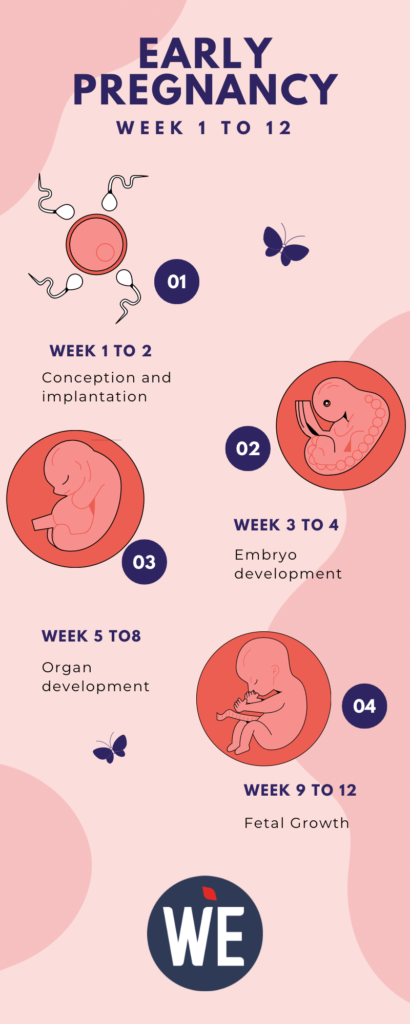
When Does Symptoms Of Pregnancy Start?
Week 1-2:
Conception and Implantation: During this period, the fertilized egg travels through the fallopian tube and implants itself into the uterine lining. This process usually occurs six to twelve days after ovulation.
Week 3-4:
Embryo Development: During this stage, the embryo begins to develop the neural tube, which will eventually form the brain and spinal cord. The heart also starts to beat during this time.
Week 5-8:
Organ Development: During this period, the major organs start to develop, and the embryo becomes a fetus. The fetal heartbeat can be detected at this stage, and the fetus starts to move.
Week 9-12:
Fetal Growth: During this period, the fetus undergoes rapid growth, and its organs continue to develop. The fetus also begins to develop its reflexes, and its sex can be determined through ultrasound.
Conclusion
understanding the early signs and symptoms of pregnancy can help you prepare for the exciting journey ahead. Although every woman’s pregnancy is unique, being aware of the common symptoms and timelines can provide you with a better understanding of what to expect. If you think you may be pregnant, it’s essential to take a home pregnancy test and consult with your doctor for further advice.
FAQs
How soon do early pregnancy symptoms start?
Early pregnancy symptoms can start as early as one week after conception, but it’s more common for them to start around two to three weeks after conception. However, every woman is different, and some may not experience any symptoms at all in the early stages of pregnancy.
What symptoms do you have at 1 week pregnant?
At one week pregnant, there are typically no physical symptoms yet, as conception has just occurred and the fertilized egg is traveling down the fallopian tube towards the uterus. However, some women may experience very mild symptoms such as light spotting or cramping. It’s important to note that a pregnancy test may not yet be able to detect pregnancy at this stage.
What are some unusual early signs of pregnancy?
While many early pregnancy symptoms are well-known and common, such as missed periods, nausea, and fatigue, there are also some unusual early signs of pregnancy that some women may experience. These include:
1. Metallic taste in the mouth
2. Changes in skin, such as acne or darkening of the nipples
3. Increased sense of smell
4. Frequent urination
5. Headaches or migraines
6. Constipation or diarrhea
7. Mood swings or emotional changes
8. Dizziness or lightheadedness
It’s important to note that these symptoms can also be caused by other factors, and not all women will experience them. If you face the above symptoms then you might be pregnant. It’s better to take the test and consult your doctor.
Why do I think I’m pregnant?
If your face the following symptoms:
1. Missed period: If you have a regular menstrual cycle and your period is late or absent, it may be a sign of pregnancy.
2. Early pregnancy symptoms: If you’re experiencing symptoms such as nausea, fatigue, and breast tenderness, it may indicate that you’re pregnant.
3. Changes in appetite: Some women experience changes in their appetite, such as food aversions or cravings, in the early stages of pregnancy.
4. Intuition: Sometimes, women just have a gut feeling that they’re pregnant, even if they don’t have any physical symptoms yet.
It’s important to remember that these symptoms can also be caused by other factors, and the only way to confirm pregnancy is through a pregnancy test. If you think you may be pregnant, it’s important to take a test and consult with your healthcare provider.
How do I know I’m pregnant without a test?
It’s difficult to know for sure if you’re pregnant without taking a pregnancy test. However, there are some signs and symptoms that can be indicative of pregnancy, including:
1. Missed period: If you have a regular menstrual cycle and your period is late or absent, it may be a sign of pregnancy.
2. Nausea and vomiting: Some women experience morning sickness in the early stages of pregnancy, which can cause nausea and vomiting.
3. Breast changes: Pregnancy can cause changes in the breasts, such as tenderness, swelling, or darkening of the nipples.
4. Fatigue: Many women feel very tired in the early stages of pregnancy, due to hormonal changes.
5. Frequent urination: Pregnancy can cause increased pressure on the bladder, leading to more frequent trips to the bathroom.
It’s important to note that these symptoms can also be caused by other factors, and not all women will experience them. The only way to confirm pregnancy is through a pregnancy test. If you suspect you may be pregnant, it’s important to take a test and consult with your healthcare provider.
How does your lower stomach feel in early stages of pregnancy?
In early pregnancy, some women may experience sensations in their lower stomach, although these can vary widely between individuals. Some women may feel cramping or twinges in the lower abdomen, similar to menstrual cramps, as the fertilized egg implants in the uterus. Others may experience a stretching or pulling sensation in the lower abdomen as the uterus grows and expands to accommodate the developing fetus. However, not all women will experience these sensations, and they can also be caused by factors other than pregnancy. It’s important to take a pregnancy test and consult with your healthcare provider if you suspect you may be pregnant or have any concerns about your symptoms.
When is the best time to a pregnancy test?
The best time to take a pregnancy test is after you’ve missed a period. At this point, there should be enough of the hormone human chorionic gonadotropin (hCG) in your urine to be detected by a pregnancy test. However, some pregnancy tests claim to be able to detect hCG in urine before a missed period, so it’s important to follow the instructions carefully and check the accuracy of the test. If you’re unsure about when to take a pregnancy test, you can consult with your healthcare provider. It’s important to note that even if you get a negative result on a pregnancy test, but you still have concerns about your symptoms that you may be pregnant, you should go through pregnancy test.


